Refugee Children: Broken Hearts in Search of Hope
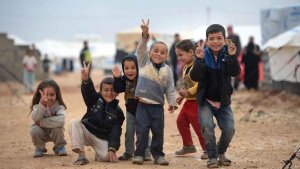
The plight of refugee children and their families goes beyond a humanitarian disaster. Their wounded hearts yearn for hope and their young minds face psychological trauma that will leave a deep impression on them.
We must remember that in the brain of every child lies the almost instinctive idea that their parents are able to protect them from harm. When this does not happen, when they lose members of their family and the world crumbles before them, something breaks in the mind of a child.
Psychological support should also be part of that essential humanitarian aid that all refugee camps require. Adults, but especially young children and adolescents, require mental support in order to treat those wounds that are not seen on the skin, but can remain forever in their minds and in their souls.
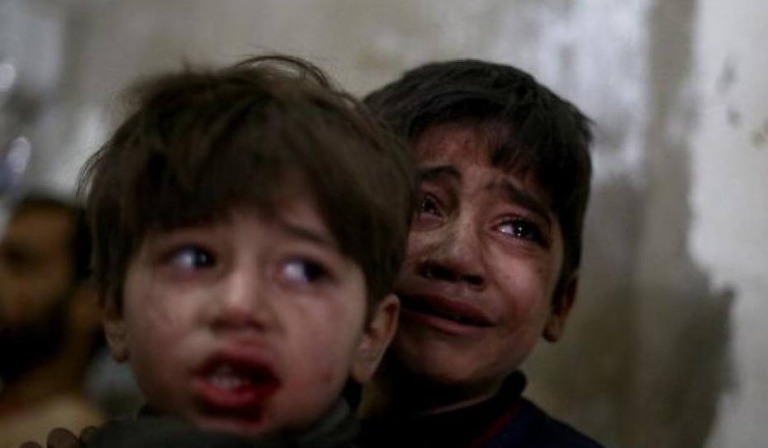
The tragedy of refugee children
One minute news coverage is not enough to understand the situation all these children and their families experience. Syrian refugees, for example, carry on their shoulders more weight than the few belongings they’ve managed to bring with them. They also carry the weight of massacres, rape, bombs, snipers and entire neighborhoods turned into rubble.
Many of these children leave their countries of origin with their families toward the Mediterranean Sea. A raft full of people and life vests of poor quality are their only means to find that better world. But the sea is treacherous and sometimes adds another trauma to their already fragmented young minds.
Jan Kizilhan, an expert in child psychology, said in the “German Society for Child and Adolescent Medicine” of Munich that 1 in 5 children refugees suffer from PTSD and that most of them suffer psychological scars for life.
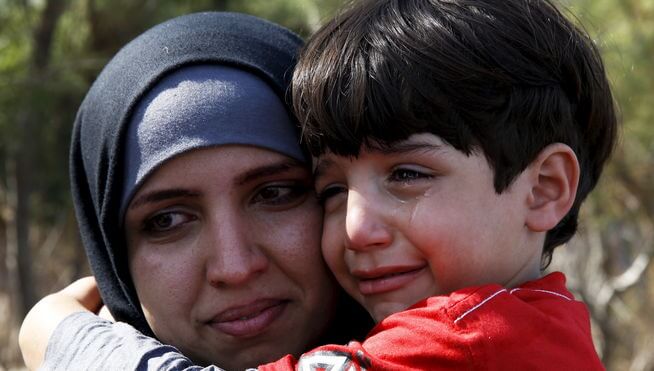
The effects of war and displacement in refugee children
Organizations such as the International Medical Corps, administered some psychological tests to about 8,000 Syrian refugees who were at the border of Jordan a few months ago. The results were:
- 28% of adults were so desperate they felt almost paralyzed.
- 25% stated they did not want to live. The rest said that all the strength they had left was rooted in the need to provide a future for their children.
- Meanwhile, children who were in these refugee camps were suffering migraines, diarrhea, urinary incontinence and nightmares. Obvious symptoms of severe post-traumatic stress and psychosomatic complaints which their parents did not know how to address.
- The clinical picture of refugee children is almost always the same: aloofness, serious sleep disorders, depression and stress that makes them relive traumatic experiences over and over again, to the point of not being able to distinguish what is real from what is not.
As we can see, the health of all these people and especially the smaller ones, is something that goes beyond the cold and hunger. We talked about internal injuries that persist into adulthood, which will form a character based on despair; and there is nothing more heartbreaking than a child that does not remember what a smile is, and who cannot see their future with hope.
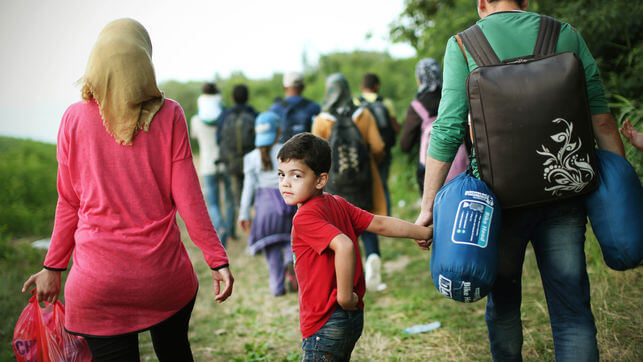
Psychological support for refugee children
Governments and international organizations can take the first step to form a real and feasible solution to this problem. Psychological support that can be offered to a child and their families at the camp will not have sufficient impact to achieve long-term improvement. It is necessary to provide stability, a protected environment, habits and a routine in order for them to feel secure.
Something as essential as being able to go to school normally again and integrated into routines will allow them to stop worrying about their families and themselves. They must recover their “sense of security and control” over their own lives.
Once these basic needs are covered, we could start working on their fears, memories and of course, their traumas. Strategies such as drawing can help channel many of those staying horrific events in their minds.
All children have that quality called resilience to overcome the horrors of the past. Through appropriate psychotherapy, coupled with love from their families and a society capable of receiving and integrating them, we could certainly offer them a second chance.
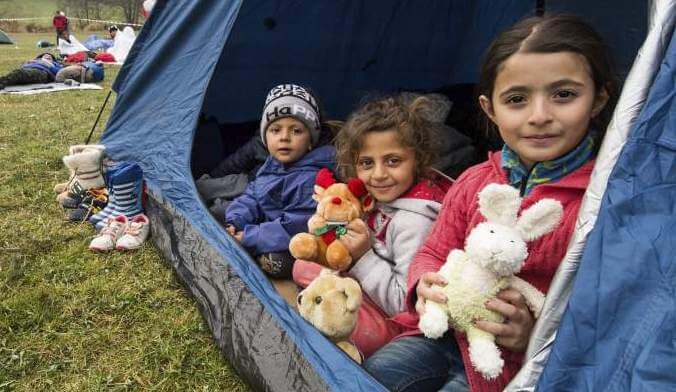
We hope, without a doubt, that the current policy will take a more appropriate course. We hope that governments are focused on global welfare and not on seeking the welfare of each country, each home or each individual in a competitive or fierce way. Because horror knows no homelands or flags, and the pain of all those families and their children is a call that we should not neglect.
This text is provided for informational purposes only and does not replace consultation with a professional. If in doubt, consult your specialist.








